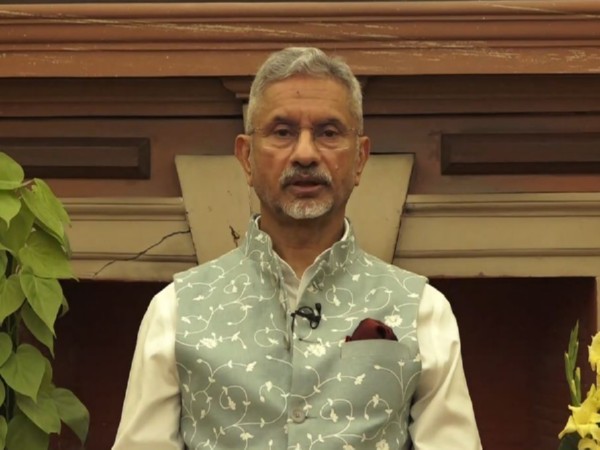95 per cent CHROs feel HR played leading role in response to COVID-19 crisis: KPMG
Nov 20, 2020

New Delhi [India], November 20 : As many as 95 per cent of chief human resource managers (CHROs) felt that HR played a leading role in their organisation's response to the impacts of COVID-19 while 60 per cent CHROs said their HR function needs to completely reinvent and transform itself, according to KPMG 2020 HR pulse survey released on Friday.
"The COVID-19 pandemic made people the number one priority for organisations around the world. As a result, HR emerged as a critical business partner and was brought to the forefront to guide the organisation in managing its workforce, which faced a sudden and dramatic change in working circumstances," Vishalli Dongrie, Partner & Head - People and Change, KPMG in India said.
"Businesses around the world were compelled to become more digital to ensure their workforce remains connected and productive, even with the altered ways of working. To support business, HR prioritised workforce re-skilling and up-skilling and transforming talent management for a virtually operational workforce," Dongrie added.
KPMG conducted the '2020 HR pulse survey' which captured the perspectives of almost 1,300 HR executives around the world on managing the continued uncertainties through insights into how HR is re-thinking in the areas of workforce-shaping, purpose-driven culture, employee experience, data and analytics, enabling technology and HR organisation of the future.
This year, COVID-19 shook the core paradigms of work and pushed organisations around the world to navigate an unprecedented time full of uncertainty and change. To minimise disruption and business impact, organisations looked towards HR to play a leading role with strategies to effectively manage the workforce with remote working becoming the norm.
The survey found that 62 per cent of respondents felt that skill-shortage prevented their organisation from keeping up with the changing pace while 54 per cent respondents ranked investing in new learning and development platforms and virtual working technologies among top technology investment priorities.
It also revealed that 39 per cent of respondents said that their organisations will continue to work remotely and 38 per cent of HR respondents were helping leaders in their organisations develop new management and leadership skills to support remote working.
Dongrie highlighted the efforts of HRs through the COVID-19 crisis and said it was now time for them to focus on the long-run and establish themselves as a preeminent value driver for business.
"The changes brought on by the new reality requires HR to rethink its role in the organisation. To drive success in the future, business requires the support of a transformed HR function- one that is more digital and more integral to business than ever, that drives a culture of innovation, and enables newer ways of collaboration," she said.




















